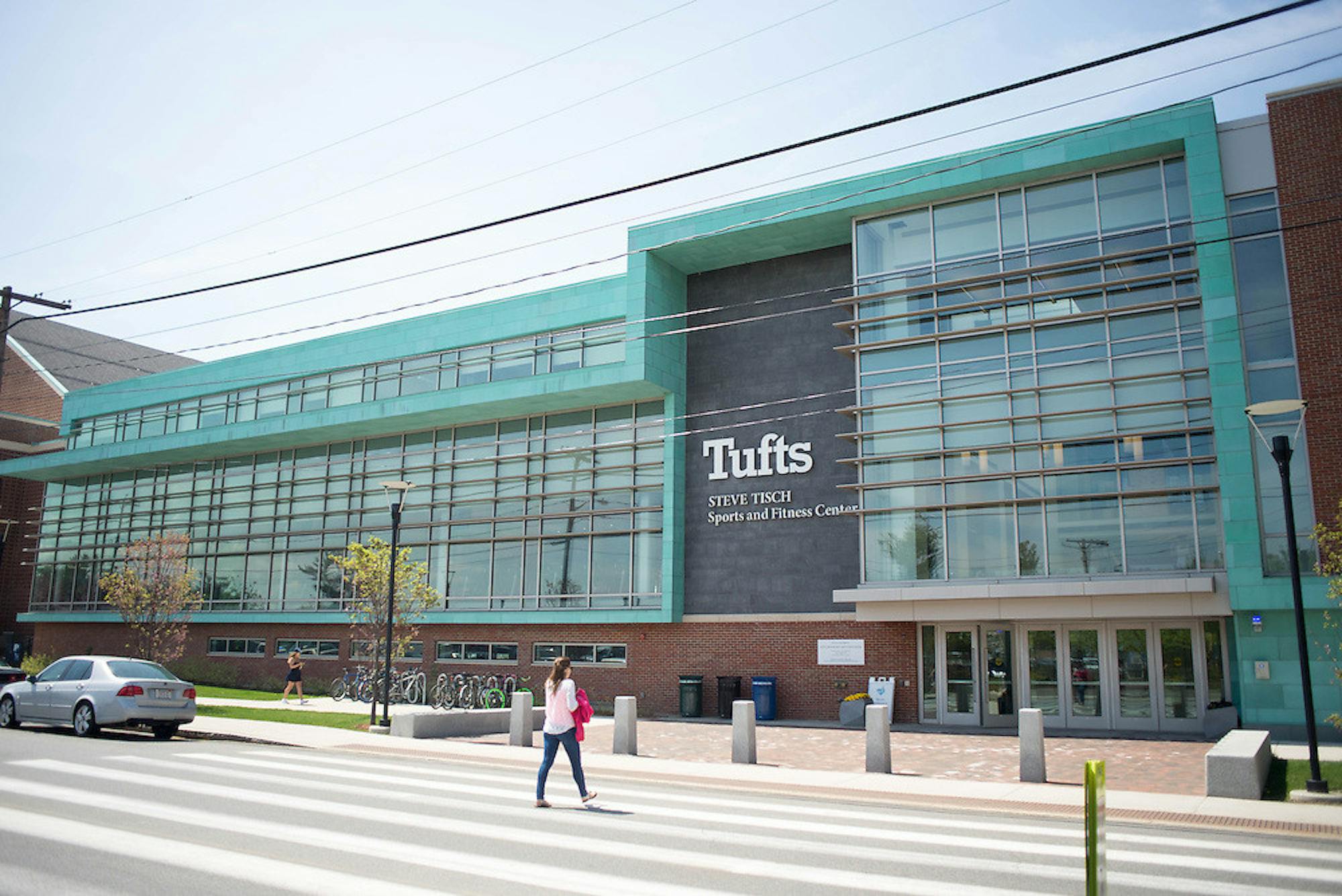The NESCAC announced last Friday that all sports events for the upcoming 2020 fall academic semester will be suspended. The statement did not outline how the conference will approach the winter and spring seasons, but stressed that the conference will continue to monitor public health and NCAA guidance and update the NESCAC rules accordingly.
The league’s statement was released after the presidents of each NESCAC institution unanimously agreed to cancel the fall season in line with the varied reopening plans across the individual schools. The presidents highlighted the importance of athletics within each institution in the league and are committed to engaging with athletes in creative ways during the fall.
Certain NESCAC rules will be modified in order to accommodate practices and training outside the regular season. Since the statement did not rule out the winter and spring athletic seasons, there is looming uncertainty of how the NESCAC will approach the winter and spring.
With the league’s announcement and the remaining ambiguity of the winter and spring seasons, athletes must also consider their NCAA eligibility when choosing to re-enroll in the fall. Fall athletes willnot lose a year of eligibility due to the suspension of the season.
The NESCAC’s decision to suspend fall athletics followed the Ivy League’s recent announcement that it will be canceling athletics until at least Jan. 1, 2021. Prior to the NESCAC announcement, member schools Amherst, Bowdoin and Williams had already planned to cancel their fall sports seasons.
Tufts Director of Athletics John Morris released a statement regarding Tufts' current position.
“We intend for our teams to train and practice as much as safely possible this semester, and we will continue to explore every possible option for providing them with a robust student-athlete experience this year," Morris wrote in the statement, which was shared with the Daily. "We are still waiting to see if some limited amount of competition might be possible at some point this semester, but we recognize that will be contingent on circumstances and health trends at the time.”
As September quickly approaches, the NESCAC will continue to evaluate the implications that the pandemic will have on future athletic seasons. Coaches are committed to being transparent with athletes about the implications of the new guidelines. Until then, questions remain about the future of athletics during the academic year, eligibility for athletes and how social distancing protocol will impact athletes' training.






